Leader of Year 7 Wellbeing
Mrs Rachel O'Connor

Leader of Year 7 Wellbeing
Mrs Rachel O'Connor
Welcome everyone to Term 2. Hopefully everyone had a very relaxing and well earned break over the holidays. I am pleased to say that Year 7 has come back to the College ready to learn and to make the most of this term.
Already we have started Week 1 off with our keen Year 7 debaters, Tirion Wilkinson, Vittoria Meggetti, Charlize Hall and supported by Rosaria Di Cesare courageously taking up the challenge that ‘Australia’s future relies on the Environment". They spoke wonderfully in front of a room full of parents and teachers and made the school proud. They narrowly missed the win against Marist Penshurst, however they continue to grow in confidence and skill and we look forward to the next round at St Aloysius College against St Ursula’s Kingsgrove.
Last Friday saw Year 7 participate in their first Founder’s Day at our College. This is a special time to remember and reflect on the amazing work done by our College founder, St John Baptist de La Salle and to recognise and raise funds for the Lasallian Foundation who supports our sister school in Pakistan. Attendance was amazing and if the students were anything like me, had a wonderful time exploring Luna Park and attempting the many rides. Congratulations Year 7, I was so proud of your manners and your ability to give things a go!
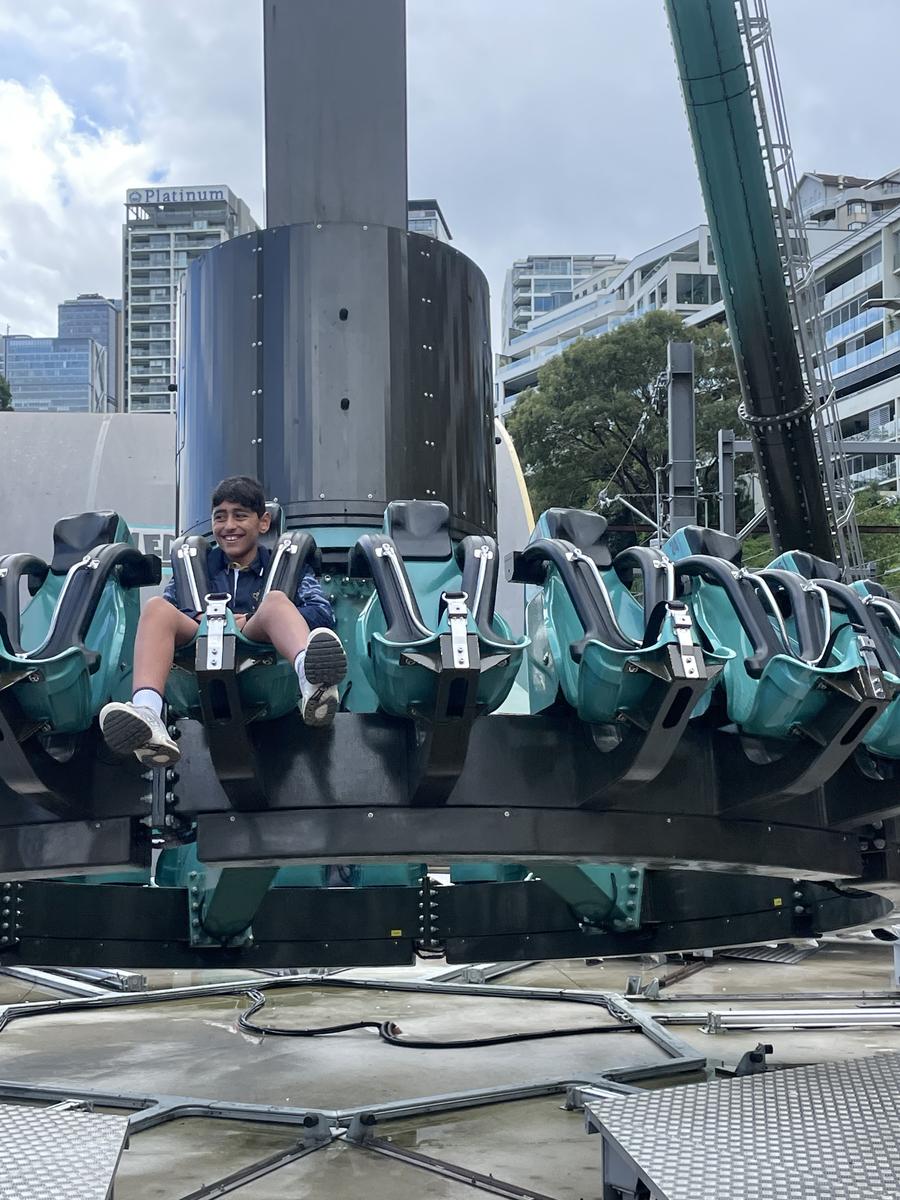
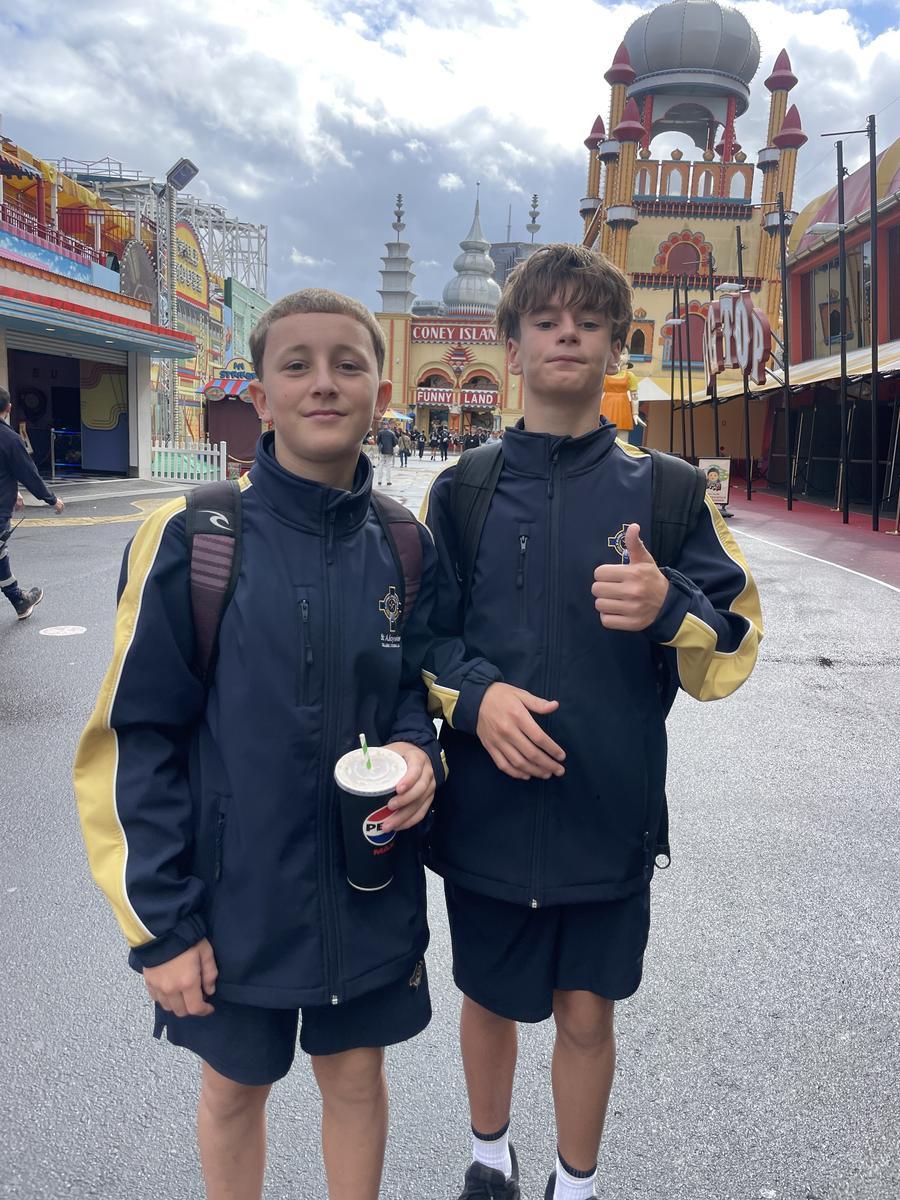
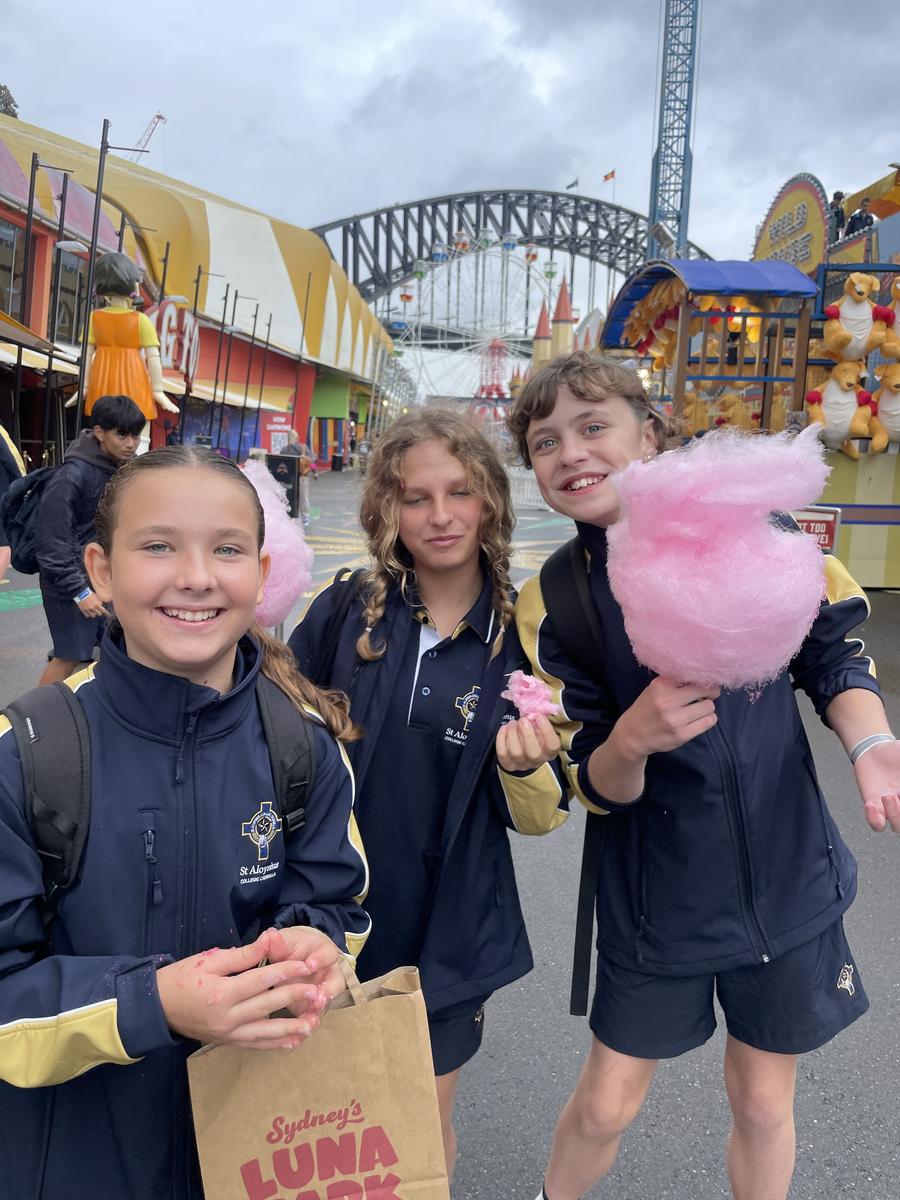
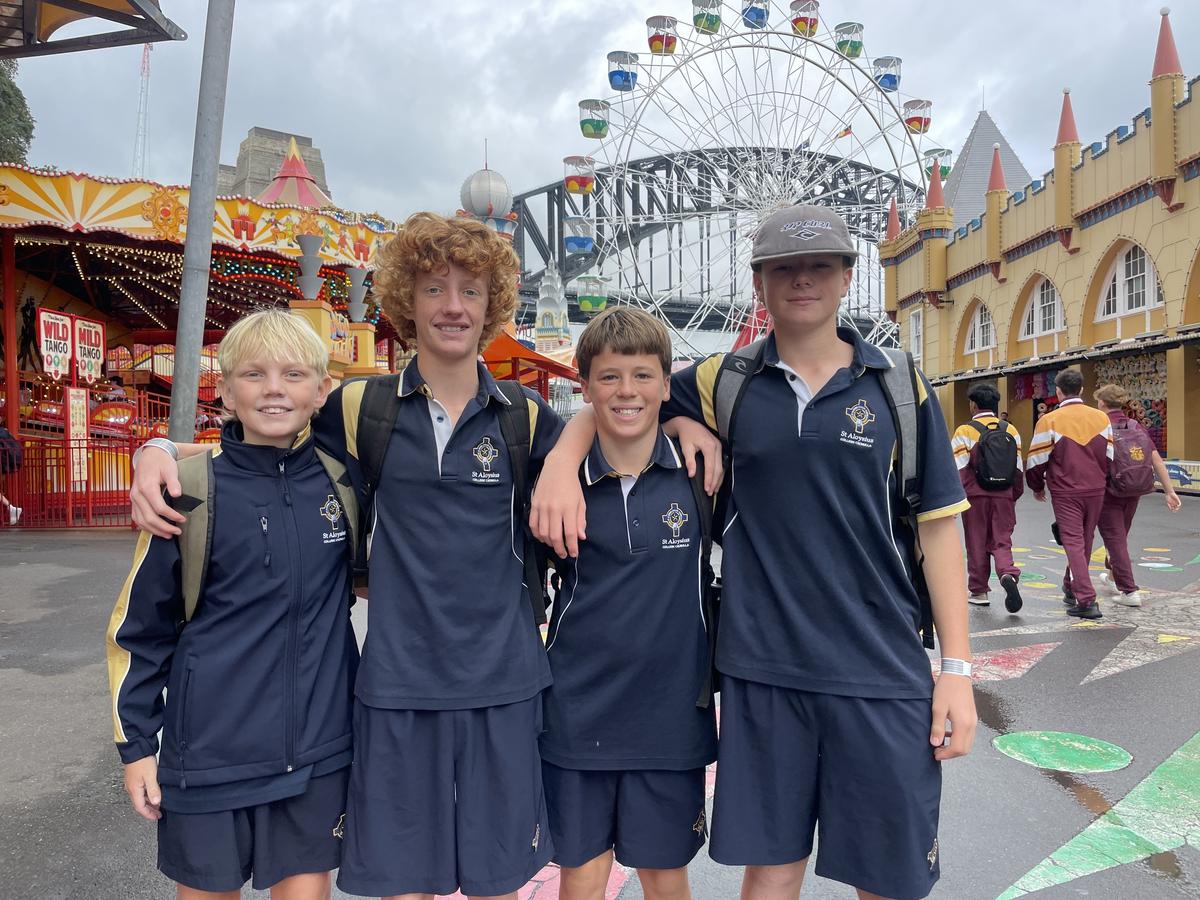
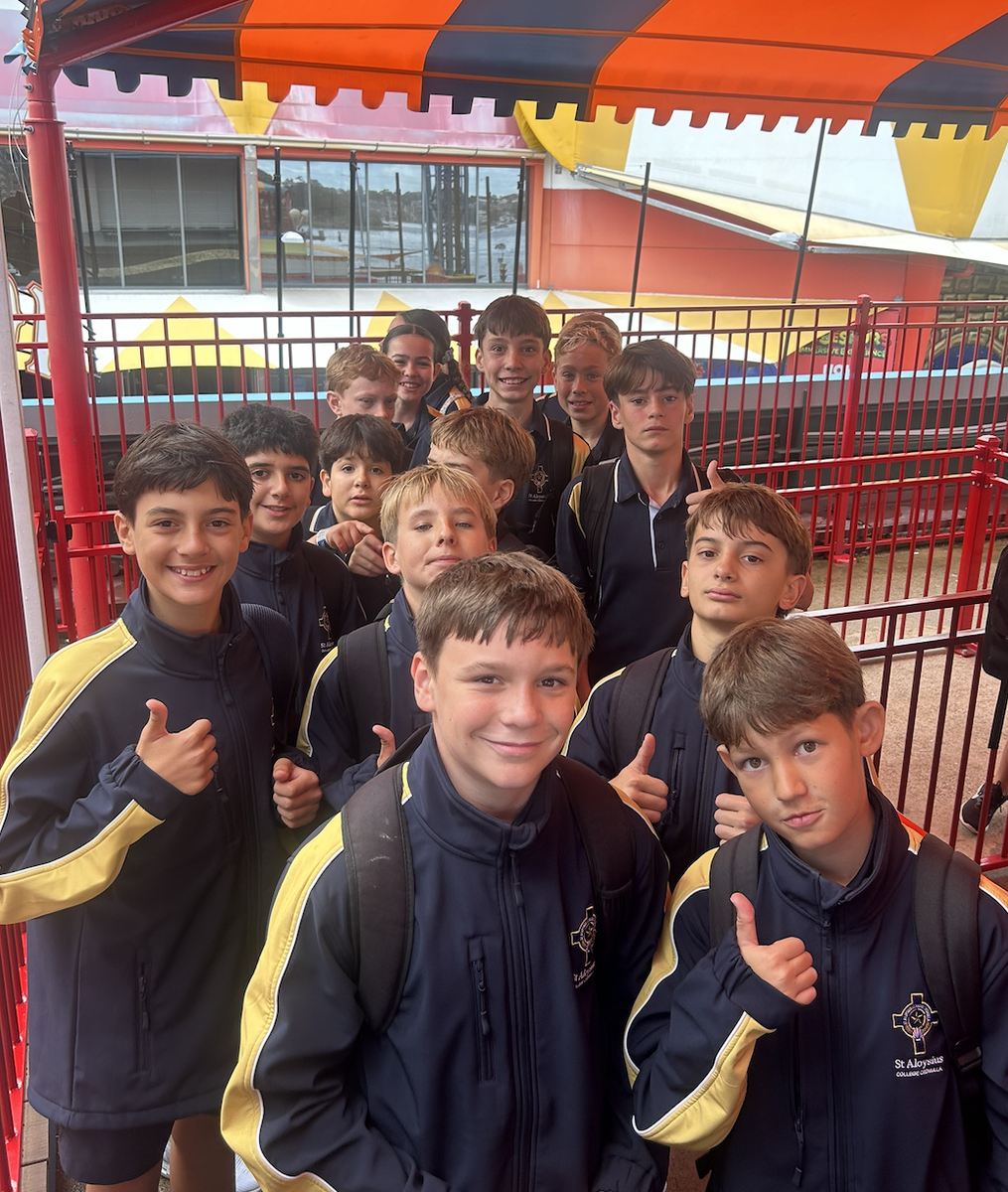
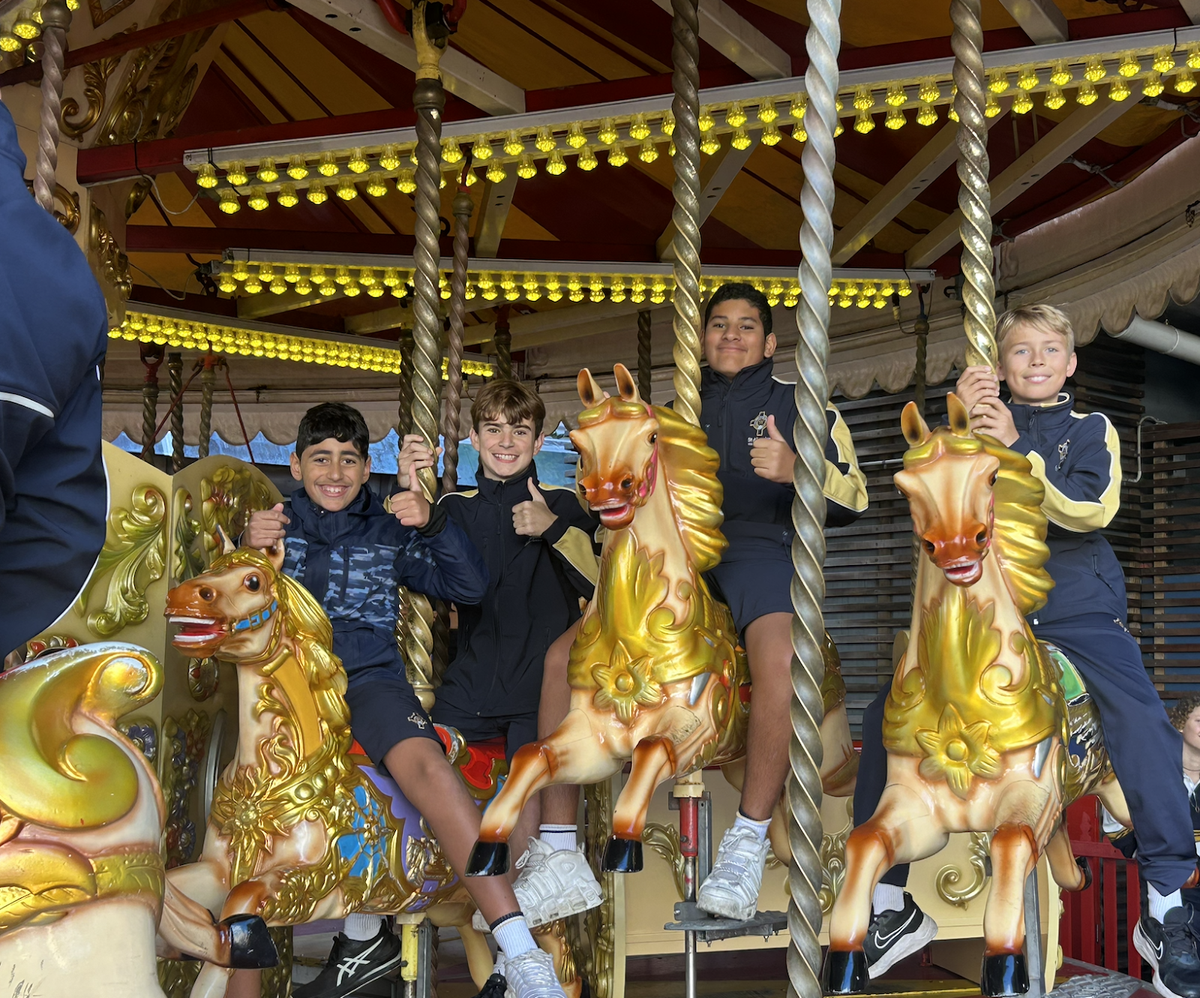
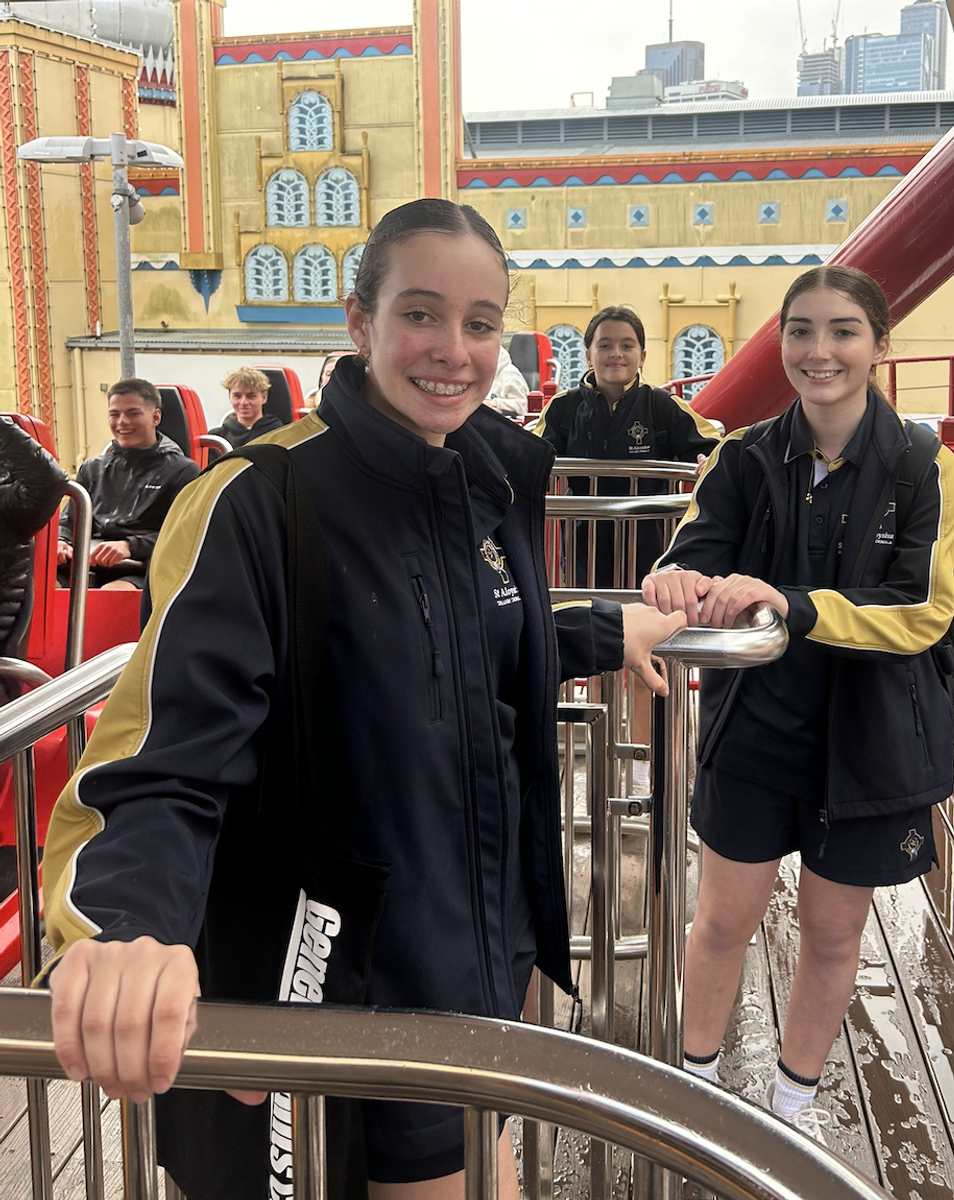







This term, all of Year 7 and selected Year 11 students will participate in the Peer Support Australia program. Year 7 have been placed into groups based on their camp groupings. The purpose of this is to build and foster acquaintances and friendships outside their normal friendship groups and to help transition Year 7 into the College community with a strong support system. Peer Support will be held during the Pastoral lesson each Tuesday. Lessons will run for 40 minutes and will be led by 3-4 Year 11 and 12 leaders under the supervision of facilitating teachers. The program for this term is called the Best Version of Me.
Best Version Of Me focuses on improving relationships and social cohesion by providing opportunities for students to develop their understanding of self and others and practise skills to exert positive influence.
What is the Peer Support Program?
Information below is provided by the Peer Support Australia.
The Peer Support Program provides a fun and engaging environment for young people to address social issues. Modules are designed to equip them with skills to deal proactively with life experiences. The Peer Support Program promotes wellbeing, which encourages positive relationships, connectedness and a sense of responsibility.
Modules focus on:
• transition • resilience • values • anti-bullying
How does the Peer Support Program work?
Trained Year 11 Peer Leaders, supervised by a teacher, facilitate structured activities with groups of students from Year 7. Briefing and debriefing sessions, led by teachers, take place before and after each session. Modules consist of 40 minute sessions, usually conducted once a week, in Term 2.
Best Version of Me- a module focused on values, influence & integrity


Building Protective Factors


You can support your child by:
• Talking to them about their relationships. Peer groups are a powerful element of
secondary school life.
• Monitoring online activity, use blocks and have access to devices in a family area.
Discuss the content and content creators they are viewing online and have open discussions on how they influence.
• The Student Wellbeing Hub for parents and carers provides you with a guide to the
Student Wellbeing Framework and information/resources you may find useful https://studentwellbeinghub.edu.au/parents/
• Encouraging positive social values like kindness, cooperation, acceptance of
differences,
respect of others and friendliness. These are critical in maintaining good
relationships.
Provide positive feedback when they act on these values.
• Discuss their own personal values and what influences them, in both positive and
negative ways.
• Talk on topical issues and consider a range of opinions and why people may feel
differently about issues.
• Talk about how you can best manage conflict within your family and how you can all
listen respectfully to one another and agree on ways forward.
Suggested further reading:
• https://www.happyfamilies.com.au/
• https://michaelcarrgregg.com/
• https://andrewfuller.com.au/#parent
• https://parenting.sa.gov.au/
Community support services:
• Parent Line 1300 1300 52
• Kids Helpline 1800 55 1800
• Headspace - https://headspace.org.au/